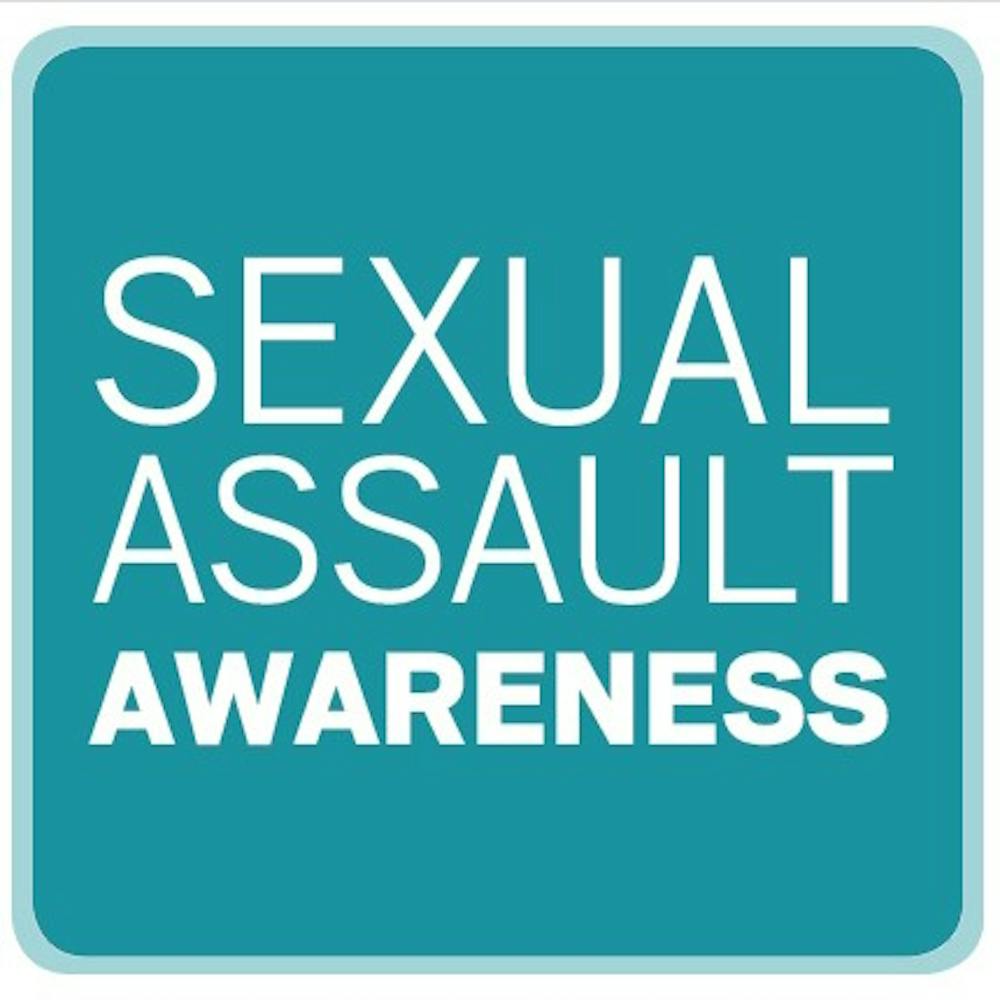Student comments:
"the course was extremely helpful. It brought up some situations and showed me examples that i can actually relate to. I hope in the future and during my college career i can think back to this and use what i've learned to successfully make safe and smart choices."
"it was too long but it kept my interest for a while"
"I enjoyed the realistic dialogue and the way the characters spoke to each other."
"This course helped me realize how unhealthy my relationship was."
"The site kept freezing and I repeatedly had to restart my browser."
"Great way to go about this topic. Hated it at first, but all-in-all, it wasn't so bad."
"I thought the course contained a lot of common-sense information, however, a lot of the statistics and tips were very helpful and new information."
"Thank you for including LGBT couples. :)"
"This is all just common sense. Except for learning how much I can drink and be good. That will come in handy."
"Wish i would've done this before i got in trouble."
"The last section on healthy relationships was amazingly enlightening after pulling myself out of an abusive relationship that always criticized that I didn't know how to be in a relationship, saying their way of being in a good relationship was the RIGHT way."
"Most of the material in this course was common sense, at least for me."
"the information was very important and i'm glad i took it, but it was a little long. some of the example dialogues could possibly be trimmed a little to save time."
"While the course did a great job in explaining many important subjects, I feel like the concepts of gender identity, sexual orientation, and surrounding issues were barely touched on. It would be better if these things were more fully explained and detailed, so that more people could be educated."
Editor’s Note: This is the fourth story in a four-part series on campus sexual assault for Ball State’s sexual assault awareness week.
Starting in August 2014, Ball State implemented an online education program for all incoming freshmen and transfer students called Think About It.
Of the incoming freshmen in 2014, 86.7 percent completed the program, which Tom Gibson, associate vice president for student affairs, said was a good completion rate.
In order to encourage students to finish the course, students receive weekly emails reminding them to take it.
The program was implemented because a new legislation that updates the Clery Act, the Campus Sexual Violence Elimination Act, requires public universities to provide education and programming to students and employees about domestic violence, dating violence, sexual assault and stalking.
After the first year, Gibson said he thought the program had been a positive experience overall, according to student feedback.
“I think the fact that the course allows students to provide feedback on their experience taking the course was very helpful and reaffirming for us,” Gibson said. “By and large the majority of the students who completed the course said, ‘I didn’t know what to expect, I didn’t think I would find this useful, but you know what? It actually was. So thank you.’ We knew this was the right thing to do, but we didn’t know how well it would be received.”
Katie Slabaugh, Title IX coordinator for student affairs, said because of the way the program is designed, students aren’t able to just turn it on and walk away; they actually have to be engaged in it.
“The impact of this is that you know more than 85 percent of your new students have completed the course, whereas something that this residence hall may offer to this group of students is not necessarily the equivalent,” Slabaugh said. “This has the benefit of one unified piece of the student union.”
However, Gibson said measuring the actual effectiveness of the program isn’t practical after only a year of the program. He would like to have at least three years of data before measuring the effectiveness.
“There are some initial things we can do, but we can’t really suggest there’s a relationship or a causal relationship,” Gibson said. “It’s very difficult to say it’s because of this course [that’s] why we are experiencing these outcomes.”
There also isn’t much research on what an effective sexual violence prevention program needs to consist of.
Sarah Van Orman, president of the American College Health Association, said longer programs tend to be more effective, and the longer the exposure, the better.
She also stressed having multiple “doses” of education programs.
“Some of what we know works, is that in general, one-session brief educational programs, those generally are not effective,” she said. “They can be helpful if combined with lots of other things, but by themselves those are not effective.”
There are nine effective keys to prevention, according to the National Sexual Violence Resource Center, including being comprehensive, having sufficient dose and duration, being socio-culturally relevant and using appropriate teaching methods.
The Think About It course has two segments incoming students have to take – one in August before the students come to the university and one during Spring Semester.
At the University of San Francisco, which co-created the Think About It program with Campus Clarity, students are charged a $100 fine for each of the three parts of the program they don’t do. This also puts a hold on their accounts so they aren’t able to register for classes.
“University of San Francisco is currently working on a Talk About It and a Do Something About It campaign, just trying to create more awareness and get student involvement in things like bystander intervention and really trying to create life-long awareness and involvement in causes like this,” said Deeqa Mohamed, a student peer educator at University of San Francisco.
They had a 92 percent program completion rate for the 2014-15 school year, and have had the program for three years, Mohamed said.
Other universities who have the program are University of Texas, University of Idaho and University of Cincinnati.
University of Texas doesn’t allow students who haven’t completed the program to view their grades. University of Idaho and University of Cincinnati both use incentives and drawings to motivate students to complete the program.
While Ball State doesn’t have incentives to finish the program, throughout the school year the university offers other programs to help educate students, such as Red Zone, Step In. Speak Up., the University Police Department’s Rape Aggression Defense System class, Green Dot and other programs offered through Housing and Residence Life.
Slabaugh said each residence hall is required to offer one prevention program per semester.
Having those extra programs paired with the Think About It course would make the university’s overall education system more effective, Van Orman said, since students are repeatedly exposed to the information.
Slabaugh said universities will always want to be able to have more sexual assault prevention programs. She said she wants to focus more on student engagement and getting students involved.
“This is the student body and his or her campus and so what culture are they building?” Slabaugh said. “Each fall is three or four thousand [new] people, so it’s a constant turnover. There are new students to always be bringing into awareness and upper-class students being influential on them.”
After going through the course, students were able to leave comments on what they thought of it. Gibson said there were 606 comments.
Some comments said the course was too long, or that the course was all common-sense information, but overall, Gibson said the comments were positive.
“Great way to go about this topic,” one of the comments read. “Hated it at first, but all-in-all, it wasn't so bad.”





